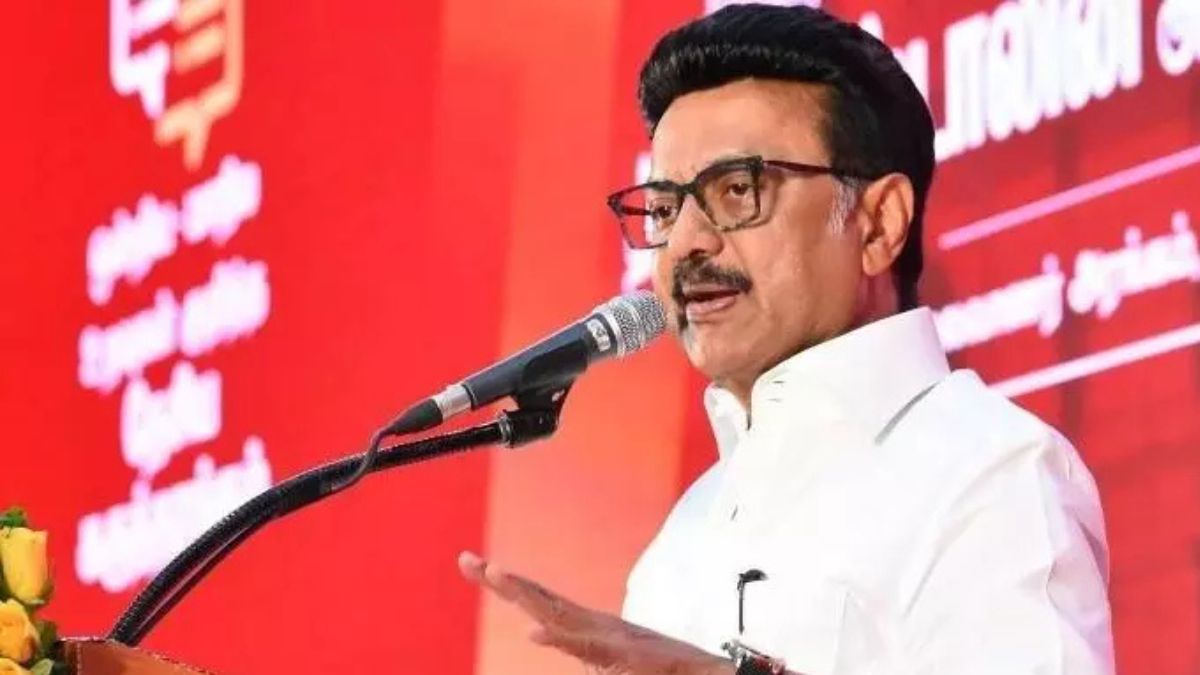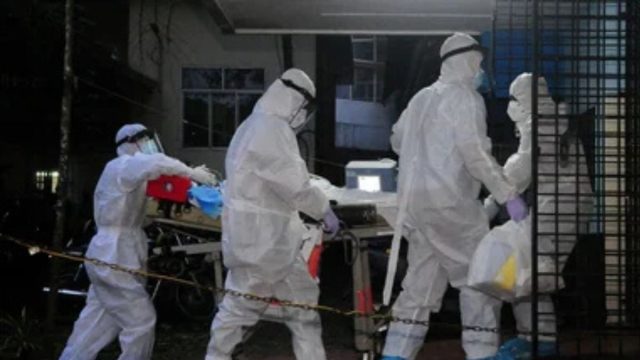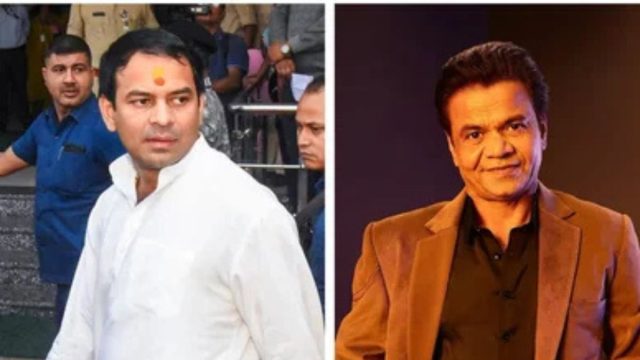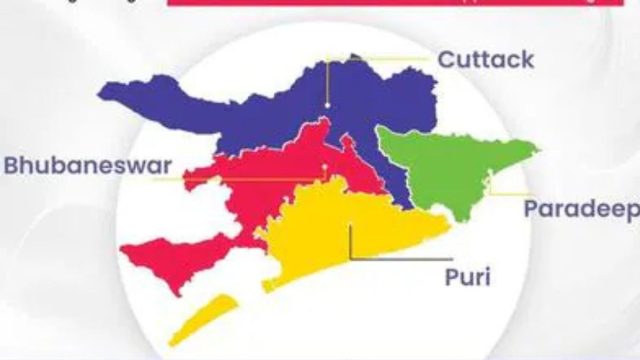Tamil Nadu Chief Minister M K Stalin stated on Sunday that more than 20 lakh schoolchildren will gain from the program, which aims to ensure growth, following the expansion of the CM’s Breakfast scheme on August 26. The program is currently being extended to government and aided primary schools in Tamil Nadu’s cities.
Bhagwant Mann, the chief minister of Punjab, will attend the scheme’s extension on Wednesday. Stalin claimed in a social media post that 20.59 lakh schoolchildren would now profit from the program. “We have fed the youngsters to combat hunger and educate them since the Justice Party’s days until the Dravidian Model administration.
“This is a foundation for growth, not just food,” he stated. The chief minister went on to say that Tamil Nadu would continue to grow and that the government’s “pioneering work” setting an example for the nation would continue. In a separate letter to party members, Stalin remembered how the late chief minister K Kamaraj’s introduction of the noon meal program in Tamil Nadu had been the first of its kind.
It was later upgraded to a nutritious lunch initiative by CM M G Ramachandran. According to Stalin, the late M Karunanidhi’s DMK government added eggs to students’ meals years later. The Tamil Nadu government had previously stated that the expansion of the breakfast program would help more than 3.5 lakh pupils enrolled in government and assisted elementary schools located in the state’s urban districts.
Stalin delivered breakfast to students at Madurai’s Adhimoolam Corporation Primary School on September 15, 2022, marking the first time the flagship program was introduced for government school pupils in India. On August 25, 2023, the program was extended in Thirukuvalai, in Nagapattinam district, the birthplace of the late Chief Minister M Karunanidhi, to benefit 18.5 lakh kids from 30,992 schools after receiving a resounding response from parents and students.
On July 15, 2024, it was further expanded to include 2.23 lakh pupils enrolled in 3,995 government-aided elementary schools.




